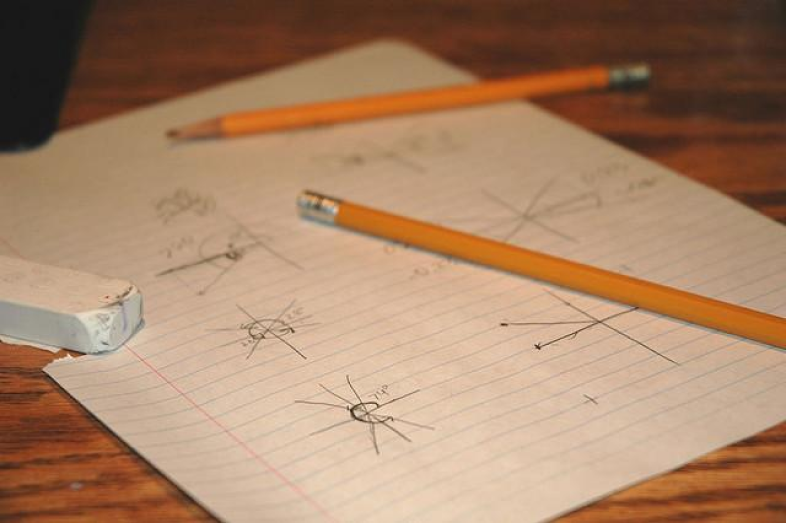

Sixteen-year-old boys with third grade reading and math skills are exactly the pupils a Chicago tutoring experiment is targeting — and helping.
In an op-ed for The New York Times Saturday, UC Berkeley Professor David Kirp sets the scene:
“On a recent afternoon, the banter of boisterous adolescents at Edwin G. Foreman High School, in a poor, racially and ethnically mixed Chicago neighborhood, echoed off the corridor walls. But Room 214 was as silent as a meditation retreat. Inside, 16 ninth- and 10th-grade African-American and Latino boys were working, two-on-one, with a tutor. They’re among 1,326 boys in 12 public schools in this city who are sweating over math for an hour every day.
Kids like these fare worst on every measure of academic achievement, from test scores to graduation rates. On the 2013 National Assessment of Educational Progress, the average reading and math scores of eighth-grade black boys are barely higher than those of fourth-grade white girls, and Latino boys score only marginally better… Only 57 percent of young black men and 62 percent of young Latino men graduate from high school in four years, compared with 79 percent of young white men.”
On average, the teenagers involved in the program had missed a month of school, and nearly a fifth had arrest records, statistics that suggest they’re likely candidates for dropping out.
But through the Match program — a targeted one-hour, two-on-one tutoring approach, which the Urban Education Lab has dubbed “tutoring on steroids” — these kids have made impressive gains. After one year, students receiving the extra help were as much as two years ahead of students in a control group who didn’t participate in Match, Kirp writes. They also performed “substantially better” on the Chicago Public Schools math test and reduced the black-white test score gap by a third on the NAEP math exam. The teens also became more engaged in school and were 60 percent less likely to be arrested for a violent crime when compared with the control group.
Match tutors tackle the achievement gap through “friendship and pushing,” Match Education Executive Director Barbara Algarin told Kirp. The tutors — most are recent college graduates — tailor the instruction to meet the students’ needs.
Chicago Mayor Rahm Emanuel has shown support for the program in the past and announced last year he plans to expand access to Match for students in the city’s public schools.